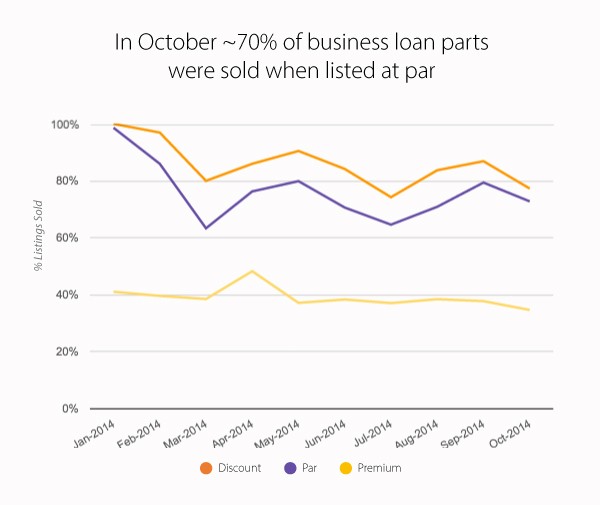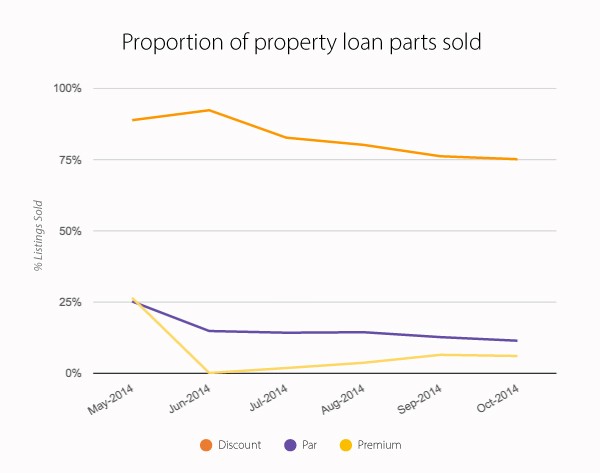FAQ’s on Secondary Market
Post on: 16 Март, 2015 No Comment

FAQs on Secondary Market
Disclaimer: These FAQs are not the interpretation of law but provide only a simplistic explanation of terms / concepts related to Secondary market. All information has been updated till February 28, 2009. For full particulars of laws governing the secondary market, please refer to the Acts/Regulations/Guidelines/Circulars appearing under the Legal Framework Section.
Some of the Questions for FAQs may be as follows:
1. Understanding “Financial Markets”
2. Understanding “Role of SEBI in the secondary market”
3. Who is a broker and sub-broker?
5. What is margin trading facility?
Understanding Financial Markets
1. What are the various types of financial markets?
The financial markets can broadly be divided into money and capital market.
Money Market. Money market is a market for debt securities that pay off in the short term usually less than one year, for example the market for 90-days treasury bills. This market encompasses the trading and issuance of short term non equity debt instruments including treasury bills, commercial papers, bankers acceptance, certificates of deposits, etc.
Capital Market. Capital market is a market for long-term debt and equity shares. In this market, the capital funds comprising of both equity and debt are issued and traded. This also includes private placement sources of debt and equity as well as organized markets like stock exchanges. Capital market can be further divided into primary and secondary markets.

2. What is meant by Secondary Market?
Secondary Market refers to a market where securities are traded after being initially offered to the public in the primary market and/or listed on the Stock Exchange. Majority of the trading is done in the secondary market. Secondary market comprises of equity markets and the debt markets.
For the general investor, the secondary market provides an efficient platform for trading of his securities. For the management of the company, Secondary equity markets serve as a monitoring and control conduit—by facilitating value-enhancing control activities, enabling implementation of incentive-based management contracts, and aggregating information (via price discovery) that guides management decisions.
3. What is the difference between the primary market and the secondary market?
In the primary market, securities are offered to public for subscription for the purpose of raising capital or fund. Secondary market is an equity trading avenue in which already existing/pre- issued securities are traded amongst investors. Secondary market could be either auction or dealer market. While stock exchange is the part of an auction market, Over-the-Counter (OTC) is a part of the dealer market.
SEBI and its Role in the Secondary Market














